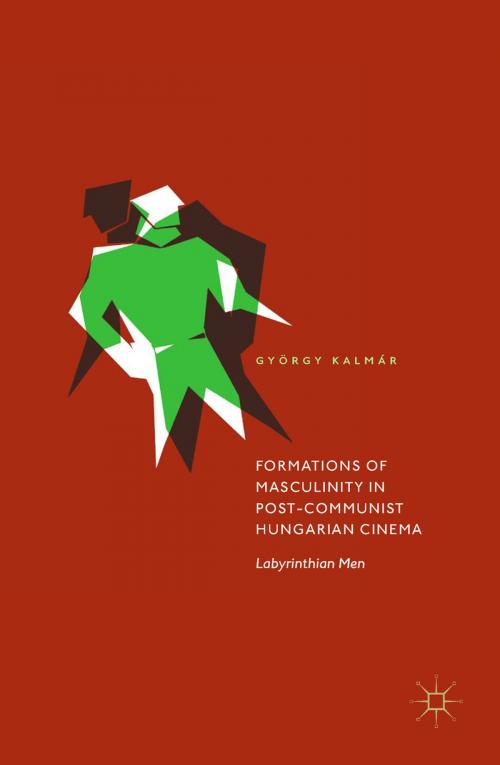Formations of Masculinity in Post-Communist Hungarian Cinema
Labyrinthian Men
Nonfiction, Entertainment, Performing Arts, Film| Author: | György Kalmár | ISBN: | 9783319636641 |
| Publisher: | Springer International Publishing | Publication: | September 18, 2017 |
| Imprint: | Palgrave Macmillan | Language: | English |
| Author: | György Kalmár |
| ISBN: | 9783319636641 |
| Publisher: | Springer International Publishing |
| Publication: | September 18, 2017 |
| Imprint: | Palgrave Macmillan |
| Language: | English |
This book investigates the formations of masculinity in Hungarian cinema after the fall of communism and explores some of the cultural phenomena of the years following the 1989 regime change. The films explored offer a unique perspective encompassing two entirely different worlds: state socialism and neoliberal capitalism. The films suggest that Eastern Europe is somehow different than its western counterpart and that its subjects are marked by what they went through before and after 1989. These films are all remembering, interpreting, picturing, marketing and trying to come to terms with this difference—with the memory and effects of state-socialism. In looking closely at the films’ male figures, one may not only get a glimpse of the dramatic changes Eastern European societies went through after the fall of communism but also see the brave new world of global neoliberal capitalism through the eyes of the Eastern European newcomers.
This book investigates the formations of masculinity in Hungarian cinema after the fall of communism and explores some of the cultural phenomena of the years following the 1989 regime change. The films explored offer a unique perspective encompassing two entirely different worlds: state socialism and neoliberal capitalism. The films suggest that Eastern Europe is somehow different than its western counterpart and that its subjects are marked by what they went through before and after 1989. These films are all remembering, interpreting, picturing, marketing and trying to come to terms with this difference—with the memory and effects of state-socialism. In looking closely at the films’ male figures, one may not only get a glimpse of the dramatic changes Eastern European societies went through after the fall of communism but also see the brave new world of global neoliberal capitalism through the eyes of the Eastern European newcomers.















